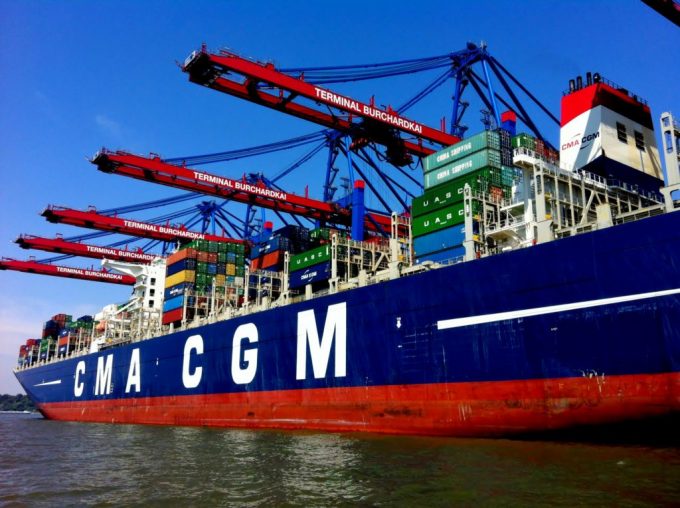CMA CGM targets auto sector via Ceva ro-ro transhipment services
Transporting finished vehicles appears to have become a new growth bet for cash-rich mega-container lines ...

Container lines are wrestling with growing service reliability challenges on connections out of India – the longer journey around southern Africa and congestion problems at hub ports en-route, particularly Jebel Ali, have taken a toll on their operations.
CMA CGM and MSC have announced port call changes on several Indian services to help schedule recovery, sparking serious concerns for shippers and forwarders.
For example, the French carrier yesterday told Indian customers its North Europe-Mediterranean-Oceania (NEMO) service, which recently added a call at ...
'Disastrous' DSV-Schenker merger would 'disrupt European haulage market'
New senior management for DSV as it readies for DB Schenker takeover
Volumes set to 'fall off a cliff' as US firms hit the brakes on sourcing and bookings
Asian exporters scramble for ships and boxes to beat 90-day tariff pause
Amazon pushes into LTL for small package fulfilment and UPS does a u-turn
Temporary tariff relief brings on early transpacific peak season
Pre-tariff rush of goods from US to China sees air rates soar, but not for long
'Tariff madness' will prompt renegotiation of ocean shipping contracts

Comment on this article